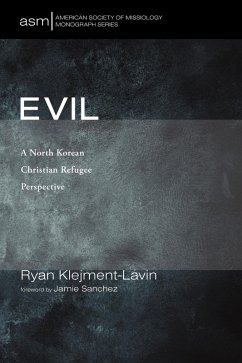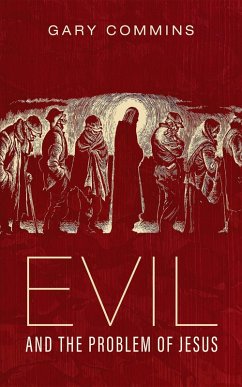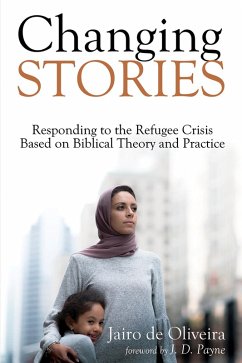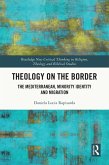The purpose of this study was to describe how the North Korean refugee understanding of evil can shape missionary practice in the Korean Peninsula. The central research question guiding this study was, How do North Korean Christian refugees describe evil based on their lived experiences? Twelve North Korean Christian refugees were interviewed. The findings indicated that North Korean Christian refugees understand evil as the oppression of the vulnerable, primarily due to human activities, and as exemplified through governmental actions, human trafficking, and sexual violence. This study also discussed how North Korean refugees understand evil in light of theology, specifically teleology and theodicy, and explores how their understanding resonates with historic Christian beliefs in Korea. Analysis of the interviews provided practical implications for Christian ministry and theodicy as well as the sensitization of practitioners who work with North Korean refugees, specifically, to encourage practitioners to subvert the oppressive narratives that North Koreans are responsible for the evil that befalls them, and to be aware that refugees may have been traumatized by their own compatriots.
Dieser Download kann aus rechtlichen Gründen nur mit Rechnungsadresse in A, D ausgeliefert werden.









